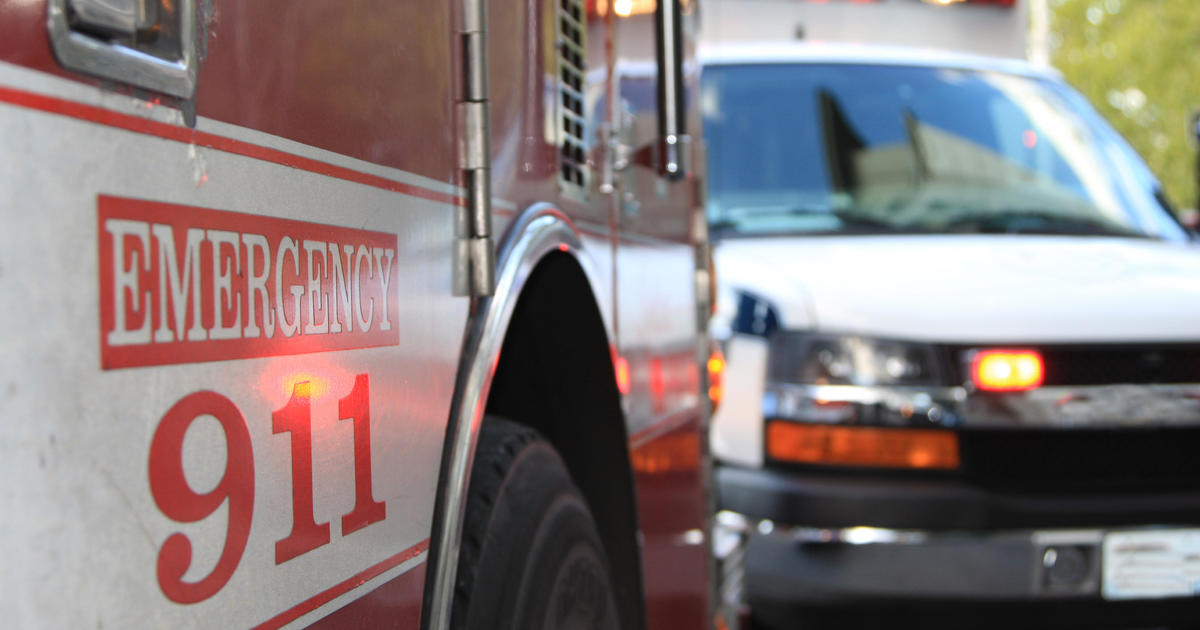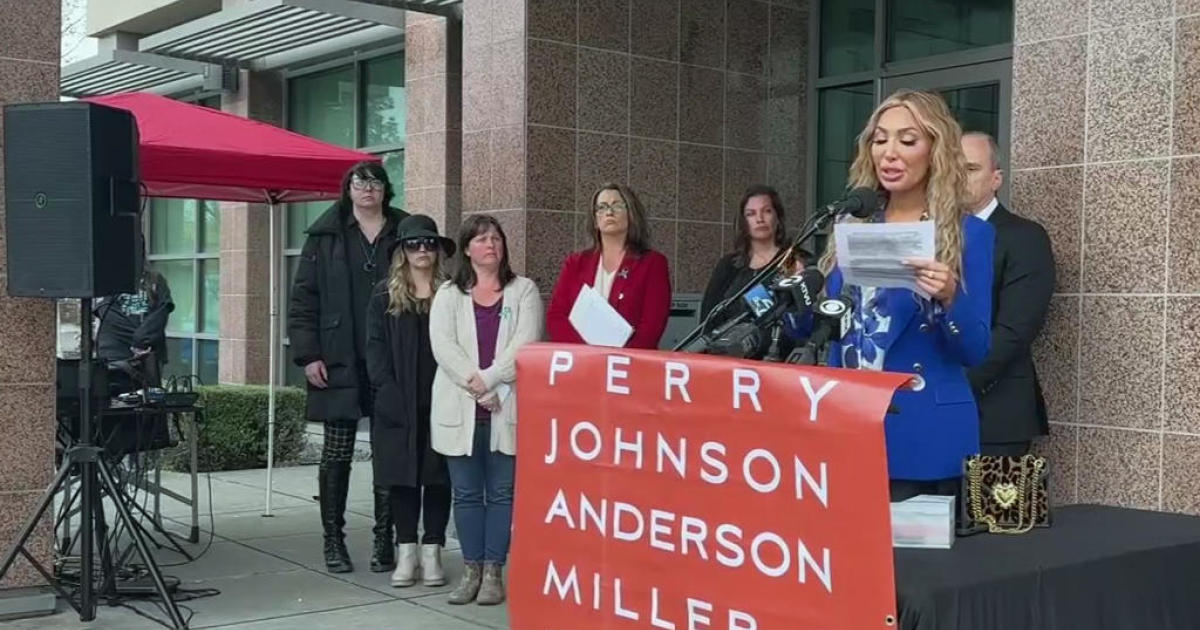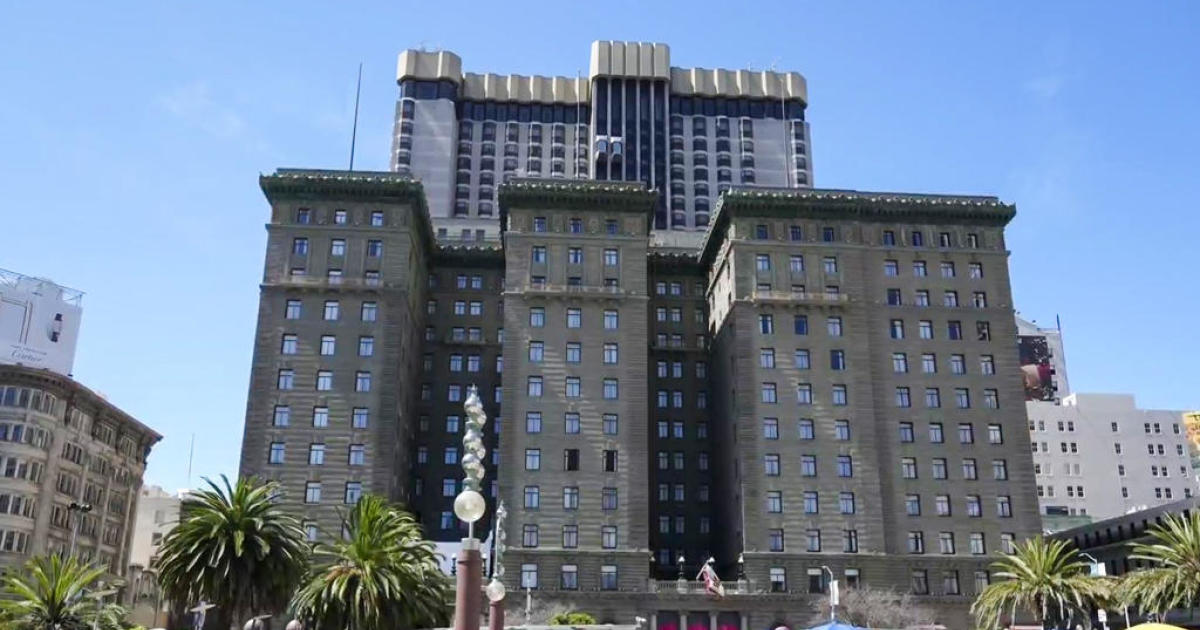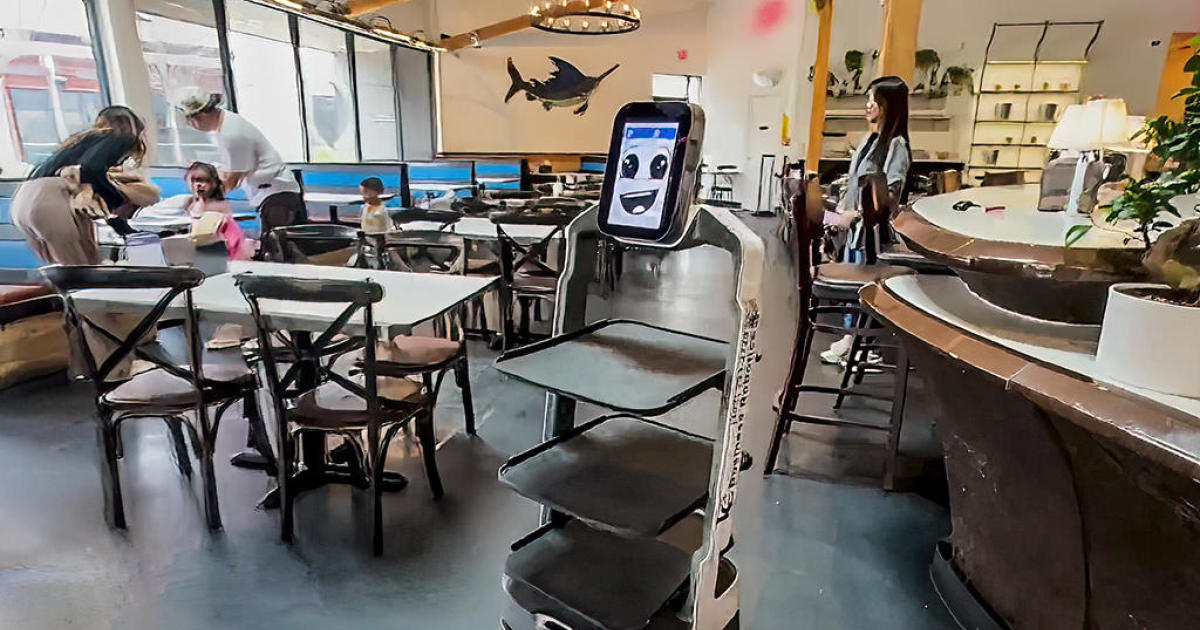Coronavirus Update: Hundreds Of COVID-19 Antibody Tests With Questionable Accuracy Flood Market
BERKELEY (KPIX 5) -- While medical experts have been saying that people should't waste their money on the COVID-19 antibody tests currently on the market, KPIX 5 found that discouragement is not stopping many who still want to get tested.
"I got to say, it's not like good news. So my heart sank a little bit," said Lan Vu. When he discovered he had been exposed to COVID-19 on a business trip in early March he immediately put his fan import business on hold.
"I came back and got a swab test, and it was positive," said Vu.
Then he got curious: Could the positive swab mean he had COVID-19 antibodies?
So when Quest Diagnostics launched its new direct-to-consumer antibody testing service a few weeks ago, he was among the first to sign up. Sure enough, that test came back positive too.
"I'm hoping that eventually the government will change its approach and maybe issue like an immunity card, so people who have immunity can go back to work," said Vu.
As KPIX 5 first reported, just three weeks ago there was only one lab in the entire Bay Area offering antibody tests. Now the market has exploded. The businesses are advertised all over the Internet. Some even have sales going on with prices slashed.
KPIX 5 reporter Maria Medina decided to try one out, paying $120 to get a COVID-19 antibody test, also through Quest Diagnostics. She was able to book an appointment right way at a Quest lab near her.
The test is a blood draw, supposedly more accurate than a finger prick. Quest Diagnostics utilizes tests authorized for emergency use by the Federal Drug Administration that are among 11 that the FDA has approved so far.
There are hundreds of other tests on the market are not authorized, though the FDA still allows them to be sold.
"There are over 200 different antibody tests out there right at this point, more than we have for any other infectious disease," said UC Berkeley Assistant Professor of Bio-Engineering Patrick Hsu, one of more than 50 top scientists working on the COVID-19 Testing Project.
"One of the things that we're able to do in our study is to test on individual blood samples both positive and negative, all of these tests against each other, head to head, right, in this bake-off, systematically," said Hsu.
Using blood samples taken well before the outbreak that are expected to be negative and samples taken from patients believed to be positive from swab tests, the researchers put ten antibody tests "to the test" to see what they could detect.
Tests on the negative blood samples had mixed results, leading to a lot of false positives. Only one test called Sure Biotech was accurate 100 percent of the time. A test called Anhui Deep Blue identified only 84 percent of negative blood samples as negative. The other 16 percent it falsely identified as positive.
"Some were over 10 percent, and some were even over 15 percent false positive, right? So that would really not be acceptable performance," said Hsu.
With the positive blood samples, the researchers detected antibodies 90 percent or more of the time, three weeks or more after the onset of symptom. But that doesn't take into account if you were exposed right before you got the test.
"These tests are the most sensitive three weeks or more out after the beginning of illness," explained Hsu. "So that's also important to understand that if you have a negative antibody test, it doesn't necessarily mean you haven't been exposed to the virus. It could have happened within the last three weeks, potentially."
Hsu offered a word of warning for people like Lan Vu who test positive.
"What it does not tell you is that you have protective immunity against the virus. There is likely some correlation between the two, but we cannot draw that conclusion," said Hsu.
Vu says he hasn't changed his behavior. He still practices social distancing and wears a mask. But he's more hopeful about getting back to his fan import business. And he has plans to donate his convalescent plasma.
"If I could help anyone that would make me happy," said Vu.
KPIX 5 reached out to the Anhui Deep Blue, a company based in China, for their response to the poor test results, but so far have not heard back.
Maria Medina is still waiting for her test results, which usually take 3 to 4 days. She says there were a lot of people in the waiting room when she went in to get her test at the Quest Diagnostics lab. They told her business is booming.



